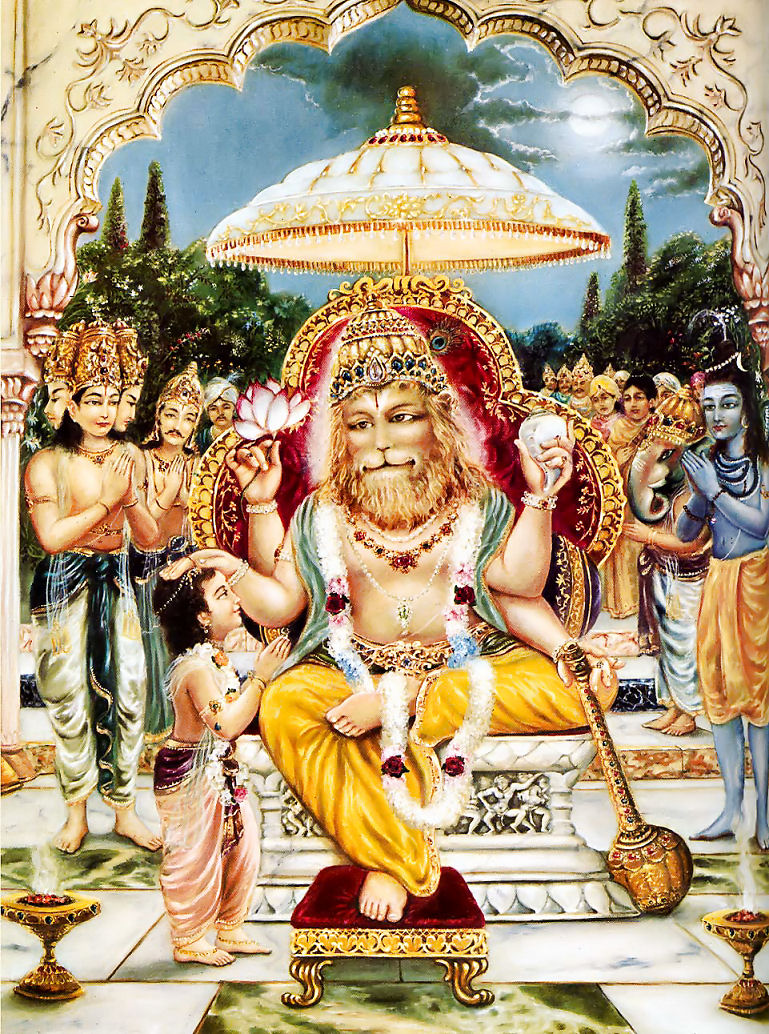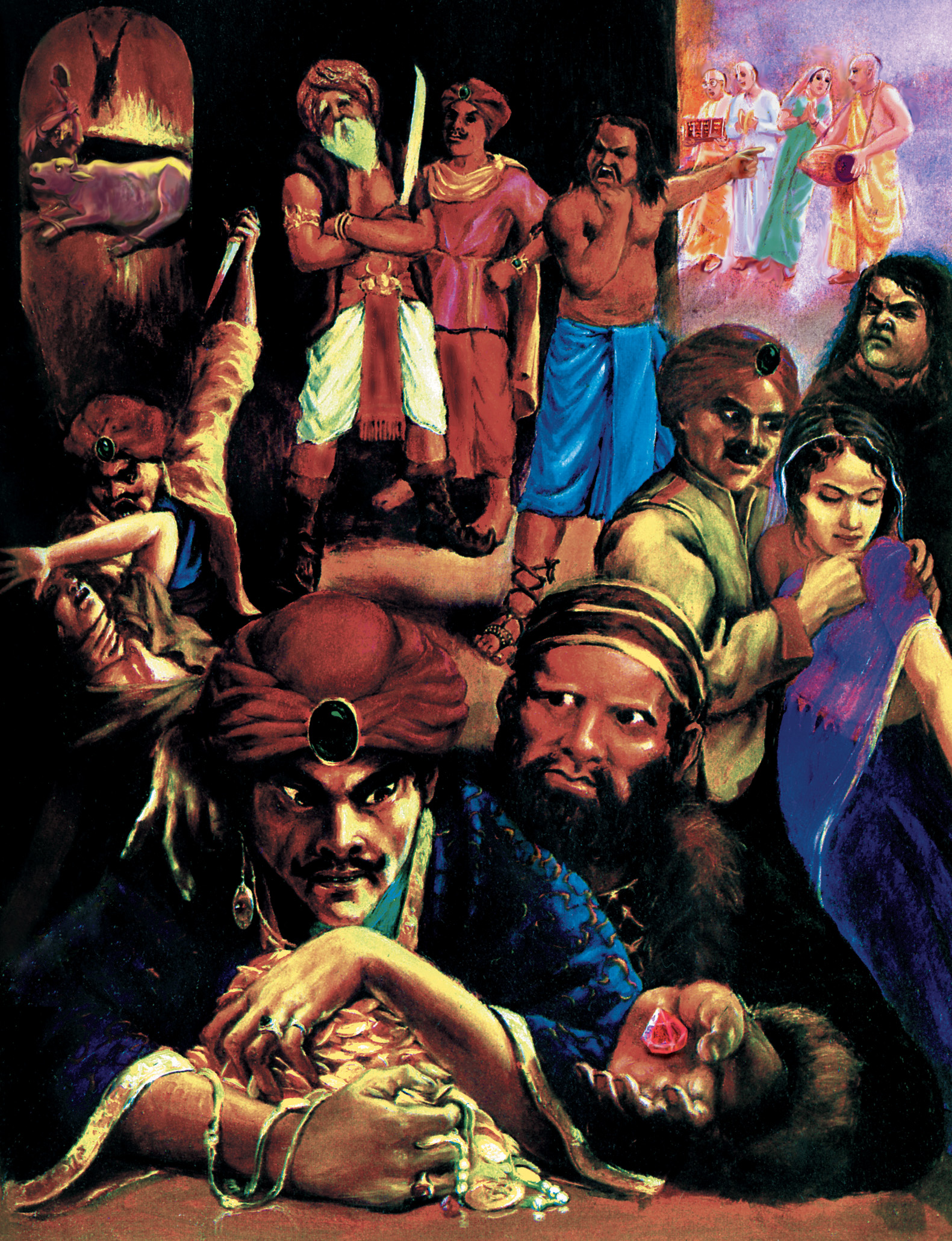
Monthly Archives: May 2020
Art of Dying
This is a rare demo version of the song.
Art of Dying
Lyrics by George Harrison
There’ll come a time when all of us must leave here
Then nothing sister Mary can do
Will keep me here with you
As nothing in this life that I’ve been trying
Could equal or surpass the art of dying
Do you believe me?
There’ll come a time when all your hopes are fading
When things that seemed so very plain
Become an awful pain
Searching for the truth among the lying
And answered when you’ve learned the art of dying
But you’re still with me
But if you want it
Then you must find it
But when you have it
There’ll be no need for it
There’ll come a time when most of us return here
Brought back by our desire to be
A perfect entity
Living through a million years of crying
Until you’ve realized the Art of Dying
Do you believe me?
Mother Ganges

Some selected quotes on the river Ganges
Mother Ganges is worshiped by the water of the Ganges: a devotee takes a little water from the Ganges and offers it back to the Ganges. When the devotee takes the water, mother Ganges does not lose anything, and when the water is offered back, mother Ganges does not increase, but in this way the worshiper of the Ganges is benefited. Similarly, a devotee of the Lord offers the Lord patraṁ puṣpaṁ phalaṁ toyam—a leaf, flower, fruit or water—in great devotion, but everything, including the leaf, flower, fruit and water, belongs to the Lord, and therefore there is nothing to renounce or to accept. One must simply take advantage of the bhakti process because by following this process one does not lose anything but one gains the favor of the Supreme Person. (SB 9.9.12)
When there was a meeting of great sages at Naimiṣāraṇya, Sūta Gosvāmī was reciting Śrīmad-Bhāgavatam, and the importance of the Ganges was stated as follows: “The waters of the Ganges are always carrying the flavor of tulasī offered at the lotus feet of Śrī Kṛṣṇa, and as such the waters of the Ganges are ever flowing, spreading the glories of Lord Kṛṣṇa. Wherever the waters of the Ganges are flowing, all will be sanctified, both externally and internally.” ( Nectar of Devotion Chapter 7)
Continue readingSome Day the Tiny Soul Will Want to Get Out of Illusion

Some Day the Tiny Soul Will Want to Get Out of Illusion
Excerpted from Back to Godhead Magazine
Vol. 1, Number 65, 1974
by His Holiness Visnujana Swami
New York City, March 31, 1974
Instructions to the devotees of the Hare Krsna movement
His Holiness Visnujana Svami, joined the Krsna consciousness movement in San Francisco in 1967. He has recently returned to the U.S. from India, where he sailed down the Ganges, stopping at towns and villages along her banks to chant Hare Krsna, distribute food first offered to Krsna and preach Krsna consciousness.
“One may artificially repress the desires of the senses, although the taste for sensual enjoyment remains; but by ceasing such enjoyments, experiencing a higher taste, one is fixed in consciousness.” (Bhagavad-gita 2.59)
When one experiences ruci, which, means a taste for Spiritual life, he can rise above the attraction of the illusory energy by the mercy of the Lord. Then he is able to feel vairagya. Vairagya is the strength that protects us, even when we are neophytes in Krsna consciousness, from breaking the Krsna conscious regulative principles and being attracted to the flickering sensual enjoyments of the mundane world. Ruci, and vairagya-the taste for spiritual life and the strength to maintain it-are rarely achieved.
Continue readingSri Nrsimha Pranama
Today we honor the Appearance Day of Lord Nrsimha, with a full day fast, followed by an evening feast. To help remember and praise the Lord we have posted the “Sri Nrsimha Pranama” from the “Songs of the Vaisnava Acaryas”. There is also a purport given by His Divine Grace A. C. Bhaktivedanta Swami Prabhupada.
Śrī Nṛsiṁha Praṇāma
Translation from the Songs of the Vaisnava Acaryas 1972 Edition
namas te narasiḿhāya prahlādāhlāda-dāyine
hiraṇyakaśipor vakṣaḥ-śilā-ṭańka-nakhālaye
ito nṛsiḿhaḥ parato nṛsiḿho yato yato yāmi tato nṛsiḿhaḥ
bahir nṛsiḿho hṛdaye nṛsiḿho nṛsiḿham ādiḿ śaraṇaḿ prapadye
“I offer my obeisances to Lord Nṛsiṁha -deva, who is always giving bliss to His devotees like Prahlada Maharaja and chiseling at the hearts of demons like Hiraṇyakaśipu. The devotee always sees Lord Nṛsiṁha everywhere. Lord Nṛsiṁha is within and without. Therefore let us take shelter of Lord Nrsimha.”
tava kara-kamala-vare nakham adbhuta-śṛṅgaṁ
dalita-hiraṇyakaśipu-tanu-bhṛṅgam
keśava dhṛta-narahari-rūpa jaya jagadīśa hare
“O my lord Nṛsiṁha-deva, Your hands are very beautiful, like the lotus flower, but with Your longs nails You have ripped apart the wasp Hiraṇyakaśipu. Unto You, Lord of the Universe, I offer my humble obeisances.” (Prayers to Lord Nṛsiṁha from Dasavatara by Jayadeva Gosvami)
Purport
Continue readingThe Divine and Demoniac Natures
The Divine and Demoniac Natures
We are in the middle of a pandemic that is killing thousands of people worldwide.
Here in America we have a president that instead of acting in a sympathetic, compassionate way towards the sufferings of others, is instead criticizing and blaming others. This is not a good quality for a leader who should be taking responsibility for the safety and welfare of his citizens. All his self glorification, and his attack on others, in this time of turmoil, I find very disturbing and reminiscent of the description given in the 16th chapter of the Bhagavad-gita entitled “The Divine and Demon Natures”
Arrogance, pride, anger, conceit, harshness and ignorance—these qualities belong to those of demonic nature (Bg. 4.16)
The demoniac person thinks: “So much wealth do I have today, and I will gain more according to my schemes. So much is mine now, and it will increase in the future, more and more. He is my enemy, and I have killed him; and my other enemy will also be killed. I am the lord of everything, I am the enjoyer, I am perfect, powerful and happy. I am the richest man, surrounded by aristocratic relatives. There is none so powerful and happy as I am. I shall perform sacrifices, I shall give some charity, and thus I shall rejoice.” In this way, such persons are deluded by ignorance. (Bg. 13-15.16)
Those who are demoniac do not know what is to be done and what is not to be done. Neither cleanliness nor proper behavior nor truth is found in them. (Bg. 7.16)
Following such conclusions, the demoniac, who are lost to themselves and who have no intelligence, engage in unbeneficial, horrible works meant to destroy the world. (Bg. 9.16)
Full text and purports from chapter 16
Continue reading
